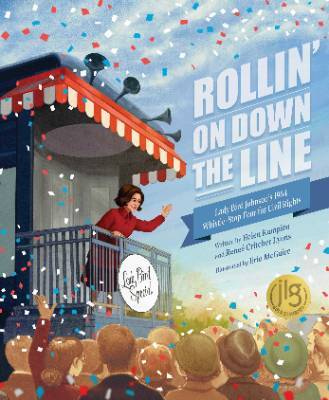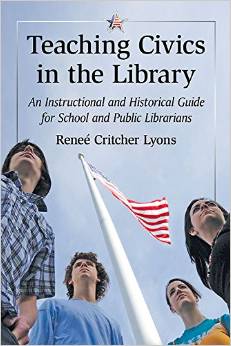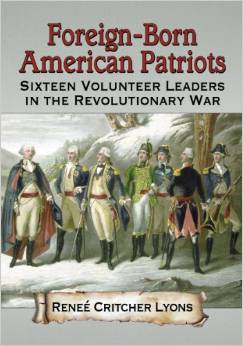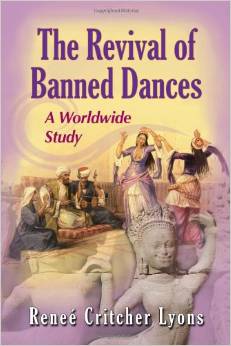Rollin' on Down the Line: Lady Bird Johnson's 1964 Whistle-Stop Tour for Civil Rights
 The late summer and early fall of 1964 was a turbulent time in America. After years of racial struggle, in July President Lyndon Baines Johnson signed the Civil Rights Act. This law, declaring that all citizens were equal, outlawed racial segregation. Many Americans cheered this legislation; yet some did not. Many Southerners despised it and worried about what it meant for their traditions and way of life. With the upcoming November presidential election, President Johnson was advised not to campaign in the South due to the threats of violence since the signing of the new law. But someone needed to visit the citizens in the South and explain why the new law was necessary and good for the entire country.
The late summer and early fall of 1964 was a turbulent time in America. After years of racial struggle, in July President Lyndon Baines Johnson signed the Civil Rights Act. This law, declaring that all citizens were equal, outlawed racial segregation. Many Americans cheered this legislation; yet some did not. Many Southerners despised it and worried about what it meant for their traditions and way of life. With the upcoming November presidential election, President Johnson was advised not to campaign in the South due to the threats of violence since the signing of the new law. But someone needed to visit the citizens in the South and explain why the new law was necessary and good for the entire country.
Born in Texas, First Lady Claudia Alta "Lady Bird" Johnson was from the South and understood its people and customs. Despite her fear of public speaking and threats to her own safety, Lady Bird undertook a train tour to reach out to her fellow citizens and Southerners. This is the true story of her historic Whistle-Stop journey, making almost fifty stops through eight Southern states in four days. July 2024 marks the 60th anniversary of the Civil Rights Act.
Teaching Civics in the Library: An Instructional and Historical

Guide for School and Public Librarians
McFarland Publishing, 2015
Civics education is "on the books" in all 50 states, yet civic illiteracy is astonishingly widespread, to the point only one-third of twelfth graders can explain the significance of the Declaration of Independence. Lending library and education leaders, school and public librarians, change agents, policy makers and politicians an inquiry not only into the historical and philosophical foundations of civics education, but also into the reasons for its alarming demise, this text explores the recommendations of civics education leaders, researchers, and scholars across the nation. The Need for a return to early twentieth century civics education practices is detailed, along with traditional and present-day role of America's libraries in developing a civic-minded populace. As a landmark hybrid treatise/practice guide, as well as a means to an end, the second half of the book urges school and public librarians to utilize high-interest trade books and carefully evaluated websites to immediately integrate civics education practices within educational and youth services offerings. Carefully constructed questions eliciting civic discussion, as well as detailed civic action/service project suggestions, are provided for all grade levels, along with civic-oriented reading promotion plans, collection development best practices, grant writing options, and extended units of learning.

Foreign-Born American Patriots: Sixteen Volunteer Leaders
McFarland Publishing, 2013
 The Revival of Banned Dances: A Worldwide Study
The Revival of Banned Dances: A Worldwide Study
McFarland Publishing, 2012
Throughout history, humans have used dance as a benefit for mind, body, and soul. In some cases, governments or churches have banned certain dances for a variety of reasons. This work provides an exploration of dances banned around the world, then revived by a handful of brave proponents. The sixteen case studies--ranging from Argentina's Tango and Cambodia's Royal Classical Ballet to Brazil's Samba and Ireland's Step Dance--reveal the meaning of the dance to each culture and the importance of the art form to the creation of healthy sociological and political climates. Chapters detail each dance's origins, technical steps and movements, costumes, music, and political history, providing an informative overview of the oppression of dance culture through history.